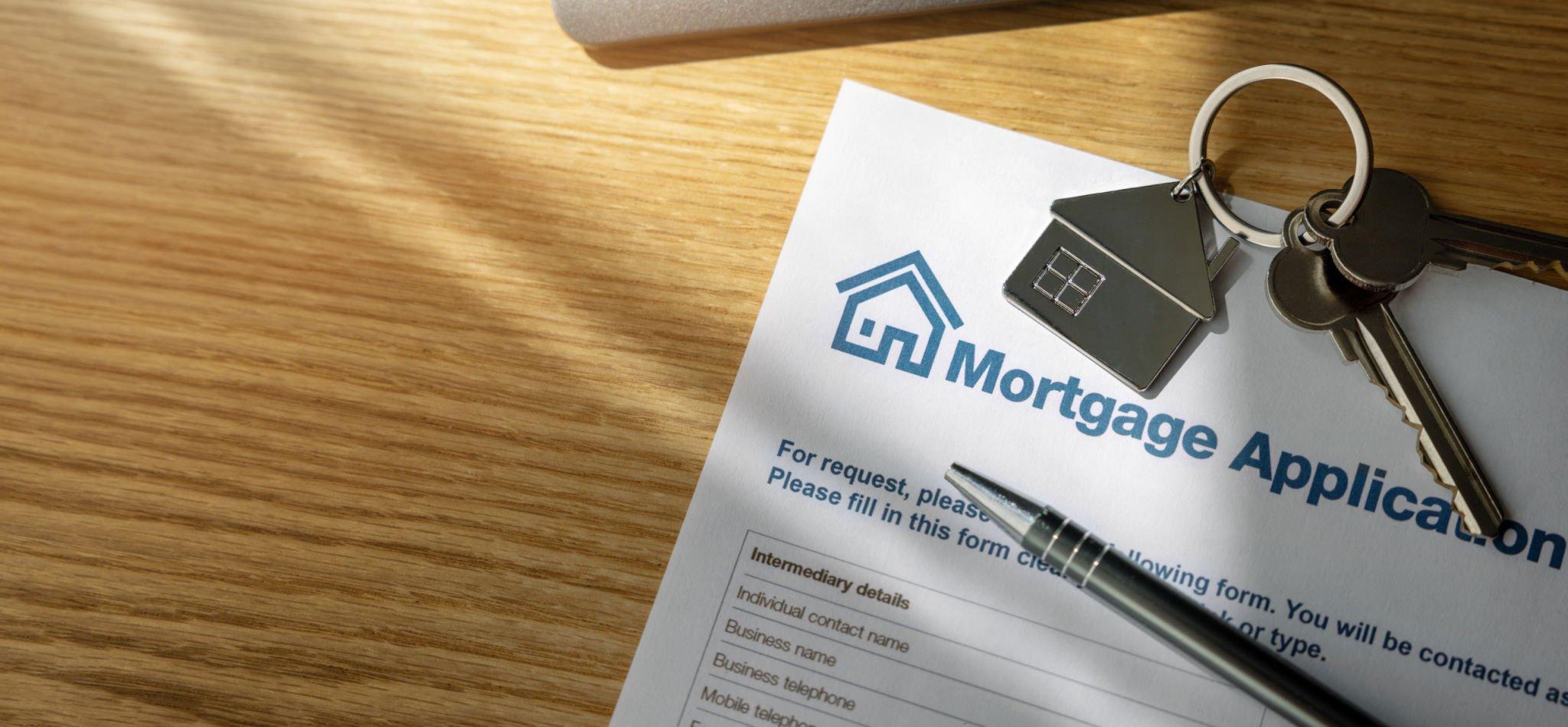
Home mortgage loans can be a great way to finance the purchase of a home, but choosing the right loan can be a daunting task. With so many options available, it can be challenging to know which loan is right for you. The key to evaluating the right home mortgage loan for your situation is to understand your financial situation, your long-term goals, and the features of each loan.
Here’s a guide on how to evaluate the right home mortgage loan for your situation:
DETERMINE YOUR BUDGET
Before you start shopping for a home mortgage loan, it’s important to determine your budget. This includes figuring out how much you can afford to spend on a monthly mortgage payment, as well as how much you can afford for a down payment. You can use online calculators to estimate your monthly mortgage payment, or you can consult with a financial advisor to help you determine your budget.
EVALUATE YOUR CREDIT SCORE
Your credit score is one of the most important factors that lenders consider when determining your interest rate. The higher your credit score, the more likely you are to secure a lower interest rate. Before applying for a home mortgage loan, make sure to obtain a copy of your credit report and address any errors or discrepancies that may be affecting your score.
CONSIDER YOUR LOAN TERM
The loan term is the amount of time you have to repay the loan, and it can range from 15 to 30 years. A longer loan term will result in lower monthly payments, but you will also pay more in interest over the life of the loan. A shorter loan term will result in higher monthly payments, but you will pay less in interest over the life of the loan.
LOOK AT FIXED-RATE VS. ADJUSTABLE-RATE LOANS
Fixed-rate loans have an interest rate that remains the same throughout the life of the loan. This means that your monthly mortgage payment will remain the same, even if interest rates rise. Adjustable-rate loans, on the other hand, have an interest rate that can change over time. This means that your monthly mortgage payment could increase if interest rates rise. Consider your long-term goals and your ability to afford higher monthly payments when choosing between a fixed-rate loan and an adjustable-rate loan.
CONSIDER GOVERNMENT-BACKED LOANS
Government-backed loans, such as FHA loans and VA loans, offer special benefits for certain groups of borrowers. For example, FHA loans offer lower down payment requirements and are available to borrowers with lower credit scores. VA loans are available to eligible military service members and veterans, and they offer zero down payment options. Consider your eligibility for these types of loans and whether they would be a good fit for your financial situation.
SHOP AROUND FOR THE BEST RATES
Shopping around for the best rates is crucial when it comes to home mortgage loans. Different lenders offer different interest rates, so it’s essential to compare rates from several lenders to ensure you get the best deal. You can use online comparison tools or consult with a mortgage broker to help you compare rates and find the best loan for your needs.
CONSIDER THE TOTAL COST OF THE LOAN
When evaluating a home mortgage loan, it’s important to consider the total cost of the loan, not just the interest rate. This includes factors such as closing costs, origination fees, and other miscellaneous fees associated with the loan. Make sure to consider all of these costs when comparing loans to ensure you are getting the best deal.
Evaluating the right home mortgage loan for your situation requires careful consideration and research.




